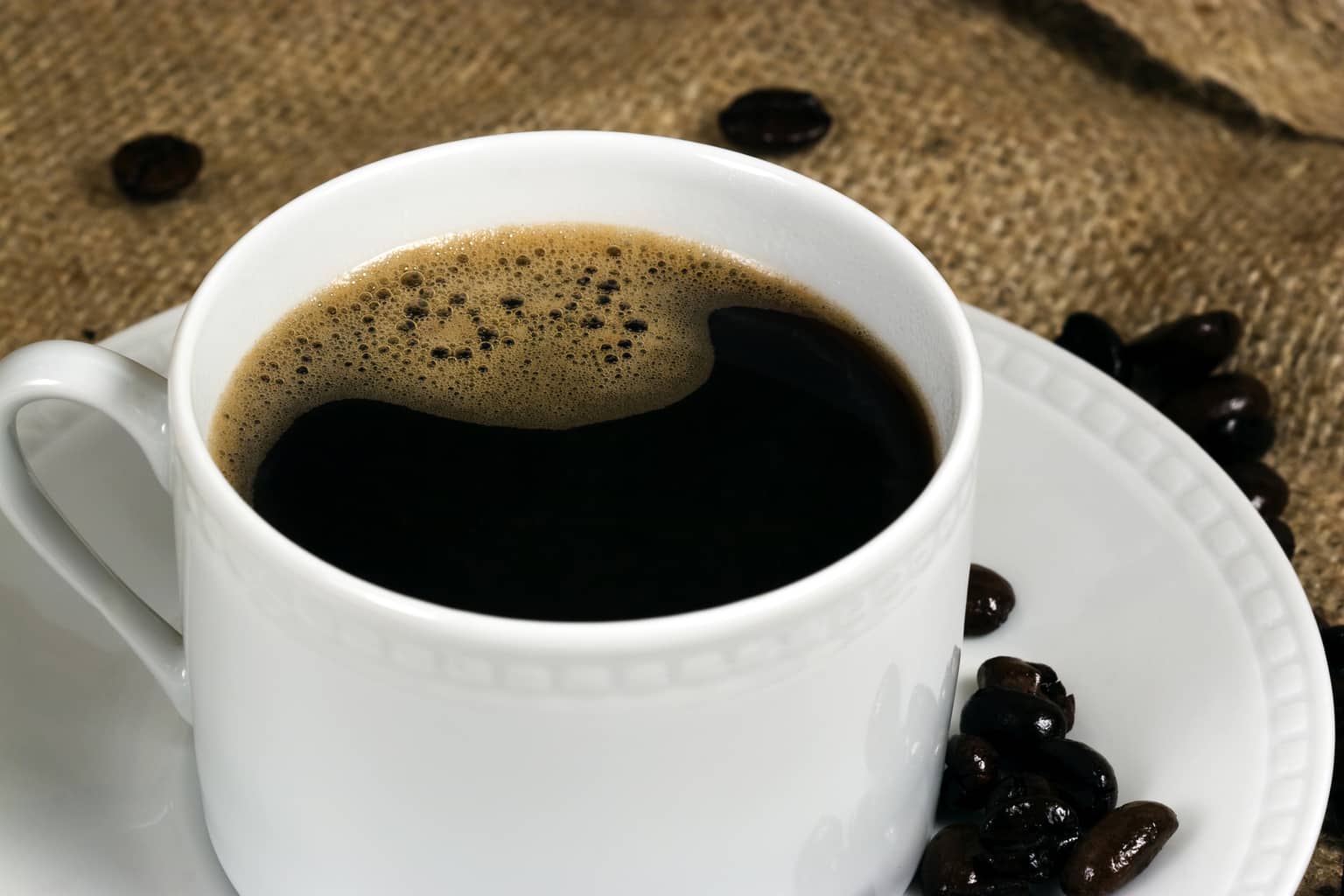
[cmamad id=”10591″ align=”center” tabid=”display-desktop” mobid=”display-desktop” stg=””]
With all the talk about antioxidants since the 90s, researchers give relatively little attention to coffee.
When people hear “antioxidant food,” they usually think of “fruit” or “wine.”
We hear all about the health benefits antioxidants provide, but it’s always when talking about fruit.
But some scientists are well-aware of the antioxidant capacity of coffee.
It’s one of the BEST sources of antioxidants.
There are a good number of studies out there to prove it.

It’s not hard to understand that coffee contains antioxidants.
But what is surprising is that coffee actually contributes the majority of dietary antioxidants (in Norwegians at least).
[cmamad id=”10592″ align=”center” tabid=”display-desktop” mobid=”display-desktop” stg=””]
The intake of coffee contributed 11.1 mmol or 64% of the total antioxidant intake, followed by fruits and berries, tea, wine, cereals, and vegetables.
This study was the result of an extensive food frequency questionnaire which included 2,672 adults and a 7-day close observation of 61 adults.

The two arms of the study give very similar results: a startling 64–68% of antioxidants came from coffee!
The list of what antioxidants are good for protecting against include everything from lipid peroxidation, DNA adducts, to cancer.
Considering how many great antioxidants coffee contains, one might wonder if cancer rates are lower in coffee drinkers than non-coffee drinkers.
Many researchers have found just that.

The study focused on the impact of coffee on prostate cancer.
And they used a population which included 47,911 men split into two groups.
So, they collected coffee consumption data every four years for 30 years total.
We hypothesized that coffee may be associated with lower risk of more advanced prostate cancers because the associations of insulin, antioxidants, and androgens.
And the researchers found lower amounts of prostate cancer in the heavy coffee drinkers.
In fact, there was about HALF as much (.46) prostate cancer in this group
There is one thing to keep in mind here though.
The study group was made up of health professionals, so they were probably drinking decent, low-mycotoxin coffee.
This is an important point.
Cheap coffee from Asia and Africa can contain contamination by ochratoxin A and aflatoxin B₁.
These two toxins can cause serious problems, and health pros tend to avoid them.
But the results for what was probably good quality coffee are incredibly encouraging.

It was associated with statistically significantly lower risk of lethal and advanced prostate cancers, with those who drank the most coffee having less than half the risk of these outcomes as nondrinkers.
So how does that makes sense?
The author of the above study speculated on insulin response and sex hormones.
I think the antioxidants might be the most important aspect of coffee in this regard.
Besides contributing the most dietary antioxidants total, coffee has the highest antioxidant capacity out of any common drink.

Coffee had the highest FRAP score.
And no, “FRAP” isn’t short for Frappuccino here — it means ferric ion reducing antioxidant power!
This is one of the most biologically-relevant ways to quantify antioxidants.
Iron generates the most free-radicals inside the body.
Coffee had the highest antioxidant capacity followed by tea and red wine, beer and orange juice.

The main antioxidant in coffee is caffeic acid, and its concentration in coffee varies by growing region.
Roasting doesn’t affect the total antioxidant capacity of coffee considerably.
Since this molecule makes-up the majority of coffee’s antioxidants, most rat studies focus on it.

They injected mice with cancer cells and fed some of them a caffeic acid conjugate, caffeic acid phenethyl ester (CAPE), at 10 mg/kg/d.
And they noticed a 50% reduction in tumor size.
They also noticed inhibition of cancer cell growth as well as a reduction of specific cancer markers.
Administration of CAPE [caffeic acid ester] by gavage for 6 weeks resulted in a 50% reduction of tumor volume. CAPE treatment did not affect the body weight of the mice, suggesting that the dosage used was not overtly toxic.
It’s amazing that it could have such an effect on the mice cancers after just one dose per day.
But caffeic acid rapidly leaves the bloodstream.

It peaks at about two hours after a cup of coffee and is essentially gone after four hours.
Now, the response time varies greatly between individuals.
Interestingly, the amount of free caffeic acid found in some subjects after drinking coffee was similar to the concentration that inhibits prostate cancer cells in experiments.
It’s even greater when you count the caffeic acid esters like chloroquine acid (CQA) found in coffee.
And our study indicated that CAPE treatment at 10 mmol/L could effectively suppress different prostate cancer cell lines.
And since urine does not contain caffeic acid to any considerable extent, the liver must be excreting it.
This could explain why coffee is protective against liver cancer in five separate studies.

Here Chinese researchers pooled data from cohort studies in a meta-analysis.
They found lower cancer risks for colorectal, prostate, bladder, pancreatic, and also liver cancer.
Coffee proved most protective against liver cancer (.54).

Coffee consumption was inversely associated with bladder (RR 0.83), breast 0.94, buccal and pharyngeal 0.49, colorectal 0.89, endometrial 0.74, esophageal 0.55, hepatocellular 0.54, leukemic 0.64, pancreatic 0.82, and prostate 0.79 cancers.
They noticed no association with other cancers further away from the digestive organs.
This is what you might expect if the antioxidants were directly inhibiting cancer at the sites where they made direct contact.

https://bmccancer.biomedcentral.com/articles/10.1186/1471-2407-11-96
Caffeic Acid Phenethyl Ester Suppresses the Proliferation of Human Prostate Cancer Cells through Inhibition of p70S6K and Akt Signaling Networks
http://cancerpreventionresearch.aacrjournals.org/content/5/5/788.short
Chlorogenic Acid Compounds from Coffee Are Differentially Absorbed and Metabolized in Humans
http://jn.nutrition.org/content/137/10/2196.short
Intakes of Antioxidants in Coffee, Wine, and Vegetables Are Correlated with Plasma Carotenoids in Humans
http://jn.nutrition.org/content/134/3/562.short
Coffee Consumption and Prostate Cancer Risk and Progression in the Health Professionals Follow-up Study
http://jnci.oxfordjournals.org/content/103/11/876.short
Contribution of beverages to the intake of lipophilic and hydrophilic antioxidants in the Spanish diet
http://www.nature.com/ejcn/journal/v57/n10/abs/1601685a.html

Leave a Reply